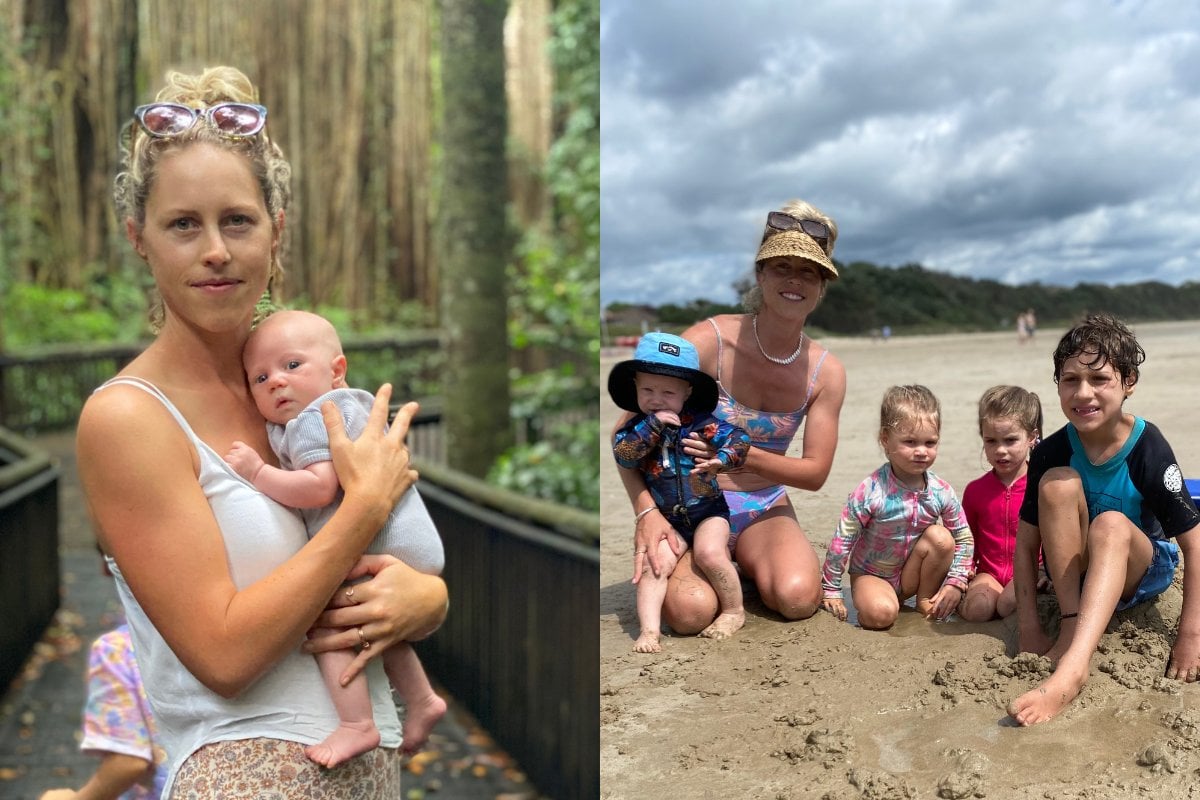
Before I had kids I fully expected I would be a working mum.
Working mums were pretty much the only kind of mums I noticed on TV growing up. The women on the radio weren't looking after kids and public figures were seldom portrayed in care work. The ladies with babies were behind closed doors for the most part, I never saw a baby latch onto a nipple until it was my own. I knew I wanted to get in on the 'girls can do it all' moment, but as far as I could tell 'it all' meant mainly individual, professional success. The job of caring for others was 'out of sight, out of mind'.
My profession became my absolute focus and having a family one day was something I assumed would just happen. I used to belt out a very loud, animated rendition of Beyonce's Independent Women, "All the mamas who got the dollars, throw your hands up at me." The finer details of how the mamas got the dollars would not become clear until I was in the thick of letdowns and nappy changes. It was a brutal realisation that I couldn't parent the way I wanted to and be in paid work at the same time.
Watch: What is unpaid work? Post continues after video.
I was naïve, granted, but the media has a lot to answer for when it comes to negative portrayals and outright omissions of unpaid caregiving. For such a vital contribution that every single person needs at some point in their life, it really does not get enough airtime. It seems to have been reduced to a 'burden' and something people need to actively disengage from to protect their personal wellbeing.


Top Comments